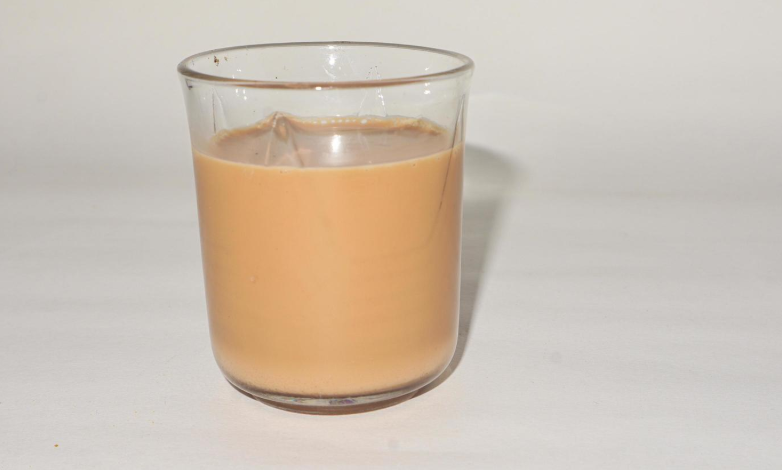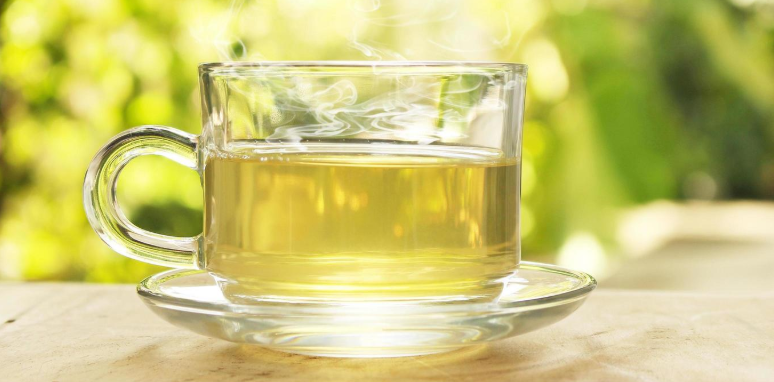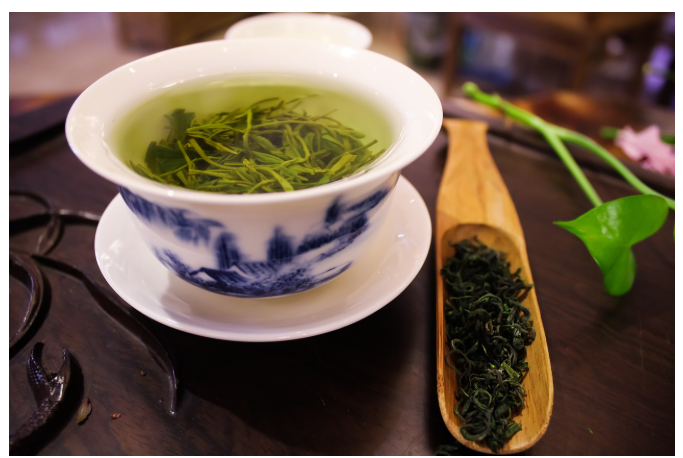
Meta Description
Milk tea is a popular drink enjoyed worldwide for its creamy taste and energy-boosting effect. While it can refresh your mind and lift your mood, drinking it in excess may affect digestion, sleep, and overall health.
Introduction
From roadside tea stalls in India to trendy bubble tea cafés abroad, it’s hard to resist that warm, creamy, and slightly sweet cup of comfort. For many, milk tea is now cherished as one of the most popular drinks enjoyed worldwide. For many, it goes beyond being a beverage—it’s a cherished daily habit. But here’s the shocking truth: drinking milk tea every day may do more harm than good.
Behind the comforting aroma and delicious taste lie serious health risks that can quietly impact your body over time. From upsetting digestion to depleting nutrients, milk tea is far less innocent than it appears. Let’s explore the five shocking health risks of drinking milk tea daily and what you can do to protect your health.
Why Milk Tea Is So Popular
The comfort factor
Sweetness and addictive nature
The blend of sugar and caffeine makes milk tea highly addictive. Sugar gives you an instant energy rush, while caffeine boosts alertness. Together, they create a craving loop, making it hard to quit once you’re hooked.

Health Risk 1 – Digestive Problems
The caffeine-lactose clash
Milk tea contains two potential digestive irritants: caffeine from tea and lactose from milk. While caffeine stimulates stomach acid, lactose can be hard to digest for many adults. Together, they trigger indigestion, cramps, and bloating
Personal Opinion:
I personally enjoy milk tea occasionally, especially when I need a quick energy boost or something comforting to sip on. However, I’ve noticed that if I drink it too often, I feel bloated and sometimes have trouble sleeping. For me, keeping it as an occasional treat rather than a daily habit works best.
Bloating, constipation, and acidity
Daily milk tea consumption often leads to acidity, gas, or constipation. Many people ignore these symptoms, thinking they are normal, but they’re actually early warning signs that your gut is struggling. Chronic acidity can gradually damage and wear down the stomach’s protective lining.
Health Risk 2 – Sleep Disruptions
Caffeine’s impact on rest
Caffeine is a natural stimulant. It can stay in your system for 6–8 hours, which means drinking milk tea in the evening or at night can interfere with deep sleep. You may fall asleep, but your sleep quality suffers, leaving you groggy the next morning.

The evening tea myth
Many people believe an evening cup of tea helps them relax, but in reality, it stimulates the nervous system. Instead of winding down, your body remains alert—affecting both rest and recovery.
Expert Advice:
According to Dr. Anjali Verma, nutritionist, moderation is key when it comes to milk tea. She explains that while tea contains antioxidants and can improve alertness, the added sugar and dairy may lead to weight gain, acidity, and digestive issues if consumed excessively. She advises limiting milk tea to 3–4 times a week and choosing less sugar to make it a healthier option.
Health Risk 3 – Weight Gain and Obesity
Hidden sugars and calories
An average serving of milk tea holds about 3–4 teaspoons of sugar. Bubble teas or café-style teas often have even more—sometimes equal to a can of soda! Drinking this daily can easily push your calorie intake over the limit, leading to weight gain.
Milk fat contribution
While one cup may not seem harmful, multiple daily servings contribute to belly fat and obesity-related problems like diabetes and heart disease.
In addition to sugar, full-cream milk adds more saturated fat.
Health Risk 4 – Skin Problems
Acne and oily skin flare-ups
Both dairy and sugar are known triggers for acne. Drinking milk tea daily may cause breakouts, worsen oily skin, and trigger inflammation. This is especially true for teenagers and young adults who already struggle with hormonal acne.
Dehydration and dullness
Tea acts as a mild diuretic, meaning it makes your body lose water. Losing hydration takes a toll on your skin, leaving it looking lifeless, dry, and lacking its natural glow. So while you think milk tea is hydrating, it may actually be stealing your skin’s glow.
Health Risk 5 – Nutrient Deficiency
Iron absorption interference
Tea has natural compounds known as tannins that interfere with the body’s ability to absorb iron from food. When mixed with milk, this effect becomes stronger. Over time, drinking milk tea daily can contribute to iron deficiency and anemia, especially in women.
Calcium imbalance and weak bones
Caffeine interferes with calcium absorption, which can weaken bones and teeth if milk tea is consumed excessively. Ironically, the milk you add for health may not compensate for this nutrient loss.

Other Side Effects of Overconsumption
Anxiety and jitteriness
Too much caffeine can make you restless, anxious, or even trigger a racing heartbeat. If you often feel “wired” after drinking milk tea, it’s a sign your body is reacting negatively.
Increased heartburn
The combination of milk and tea relaxes the lower esophageal sphincter, making acid reflux worse. If you frequently experience heartburn, daily milk tea could be a hidden culprit.
Who Should Avoid Milk Tea
Daily milk tea isn’t suitable for everyone, as its effects can be difficult for some people to tolerate. The following groups should be especially careful:
Expectant mothers face a higher chance of iron deficiency and sleep disturbances.
Children (sensitive to caffeine and sugar)
People with anemia (reduced iron absorption)
Those with lactose intolerance (digestive issues)
Anyone with sleep disorders or acid reflux
Healthier Alternatives to Milk Tea
Herbal teas
Caffeine-free options such as chamomile, ginger, and peppermint teas are calming and support healthy digestion. They make excellent evening replacements for milk tea.

Green tea, lemon tea, and other choices
Green tea provides powerful antioxidants and enhances metabolism, whereas lemon tea supports natural detoxification. Both provide energy without the side effects of milk tea.
Tips for Cutting Down on Milk Tea
Gradual reduction strategy
If you’re used to drinking 3 cups a day, don’t quit suddenly. Start by cutting down to 2 cups, then 1, and finally replace with healthier alternatives.
Switching to natural sweeteners
Instead of refined sugar, try honey, jaggery, or stevia. This makes your tea lighter and less harmful, especially if you can’t give it up completely.

Final Thoughts
Milk tea may seem harmless, but daily consumption quietly chips away at your health. Digestive troubles, poor sleep, weight gain, acne, and nutrient deficiencies are all linked to this innocent beverage. Like all things, moderation is the key. Daily milk tea may seem harmless, but it can gradually cause indigestion, poor sleep, weight gain, and nutrient loss.”
Conclusion
Drinking milk tea every day might give you temporary comfort, but the long-term health risks are shocking. If you truly care about your health, limit milk tea to once or twice a week and explore healthier alternatives.
FAQs
1: Can milk tea be made healthier?
Yes, by reducing sugar, using low-fat milk, and limiting to occasional consumption.
2: Is green tea a healthier alternative to milk tea?
Absolutely. Green tea is full of antioxidants and doesn’t interfere with nutrient absorption like milk tea does.
Q3: Can milk tea cause long-term damage?
Yes, daily overconsumption may lead to anemia, obesity, bone weakness, and chronic digestive issues.
Q4: How much milk tea is safe to drink?
One cup occasionally (1–2 times a week) is safe for most healthy adults.
Q5: What’s the best way to stop milk tea cravings?
Gradually cut down, replace with herbal teas, and use natural sweeteners to reduce dependence.
